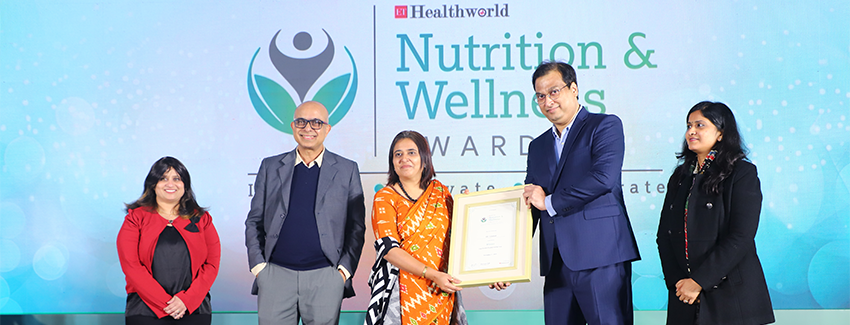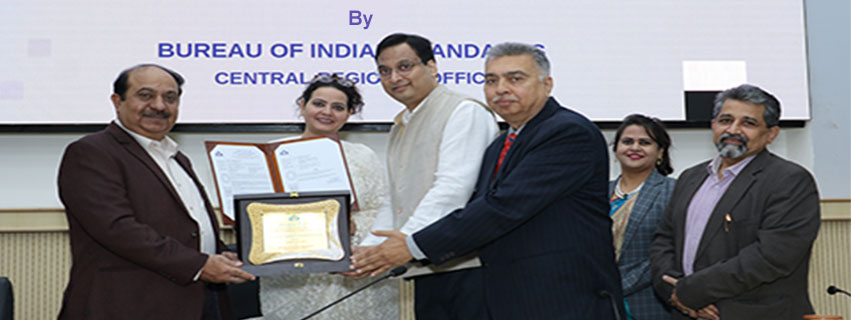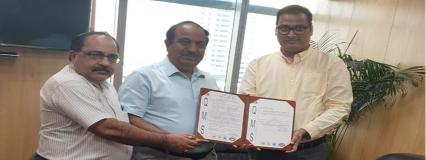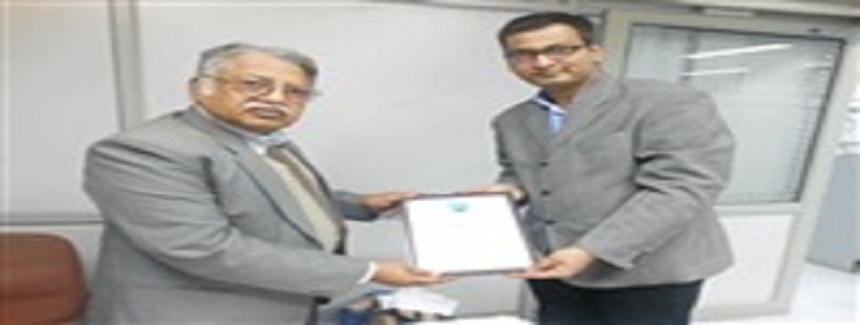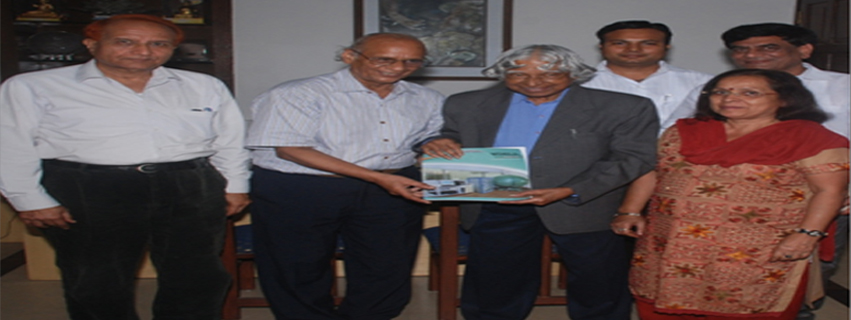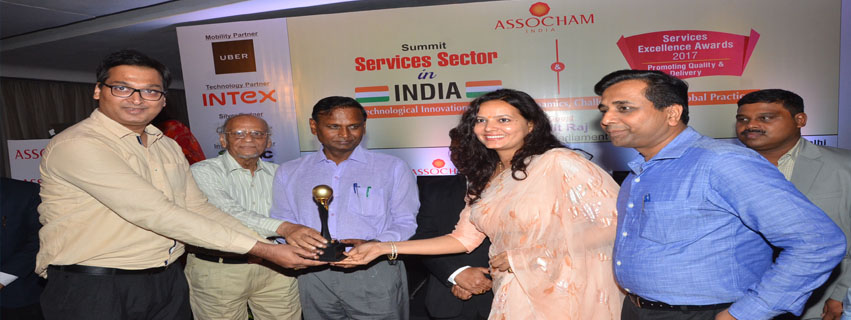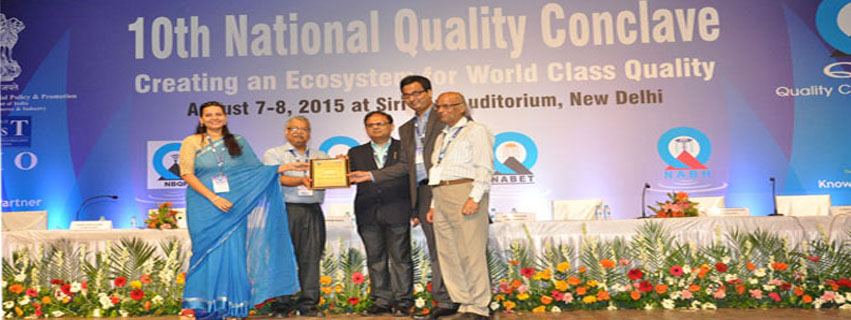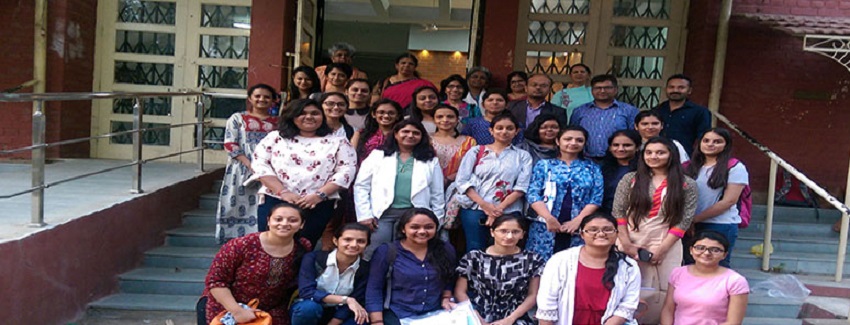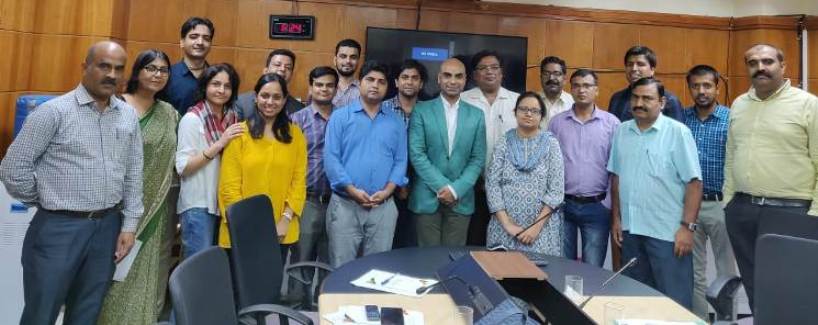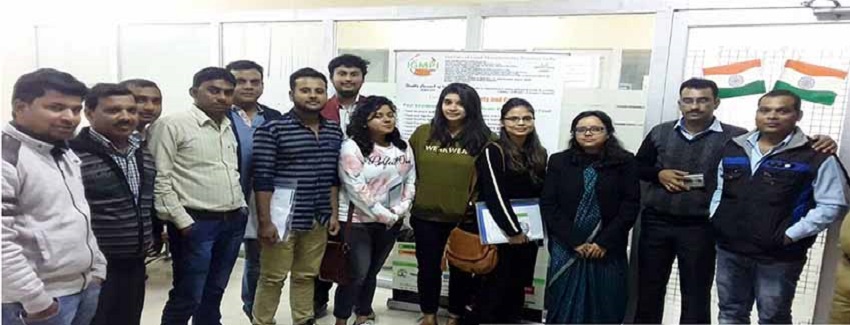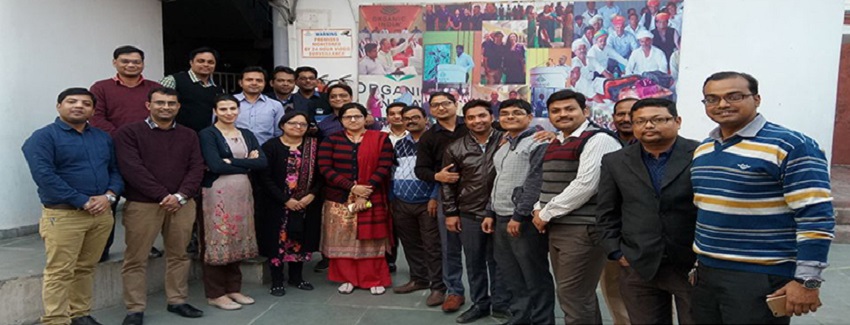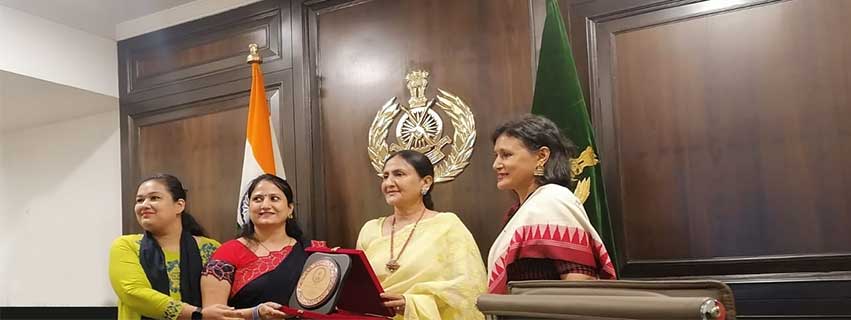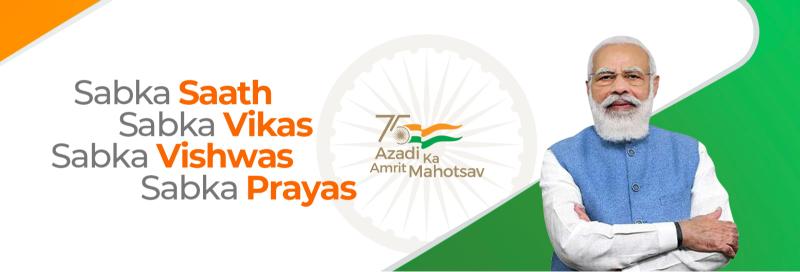(An Autonomous Body Recognized by Ministry of Commerce & Industry, Government of India)
Competency based placement focussed Education | Training | Research | Consultancy
Post Graduate Diploma/Executive Diploma in Public Policy and Sustainable Development (PGDPPSD/EDPPSD)
The Post Graduate Diploma in Public Policy and Sustainable Development is an interdisciplinary programme designed to equip participants with the essential skills and knowledge to tackle some of the most pressing global challenges. In an era of rapid environmental change, social inequity, and shifting governance structures, the need for informed and strategic policy-making has never been more critical. This programme is crafted for individuals seeking to understand and influence the policies that will shape the future of sustainability, governance, and development across sectors. It integrates the core principles of sustainability with the practical aspects of public policy design, analysis, and implementation, ensuring that participants are prepared to drive effective change in a complex global landscape.
Throughout the programme, participants will explore a wide range of topics, including climate change, social equity, sustainable business models, ESG (Environmental, Social, and Governance) practices, digital transformation in governance, and the future of global policy in a rapidly evolving world. The curriculum emphasizes evidence-based decision-making, policy analysis, and the role of various stakeholders, including governments, private businesses, NGOs, and international organizations. By engaging with these topics, participants will gain the tools to critically assess policy options, measure sustainability outcomes, and understand the economic, social, and environmental implications of policy decisions. The programme also focuses on real-world applications, providing case studies and practical insights into how policies can be shaped, implemented, and evaluated for maximum impact.
This programme is ideal for professionals, civil servants, policymakers, sustainability experts, urban planners, and development sector leaders who wish to enhance their understanding of the intersection between policy, governance, and sustainable development. With a focus on global sustainability goals, climate governance, and the integration of ESG criteria into business and government practices, graduates will be well-positioned to take on leadership roles in both the public and private sectors. Whether working within government agencies, international organizations, corporations, or NGOs, graduates will possess the skills to drive policies that foster sustainable development and contribute to a more equitable and resilient world.
Programme Structure
Module 1: Public Policy: Concepts, Institutions, and Governance
- Foundations of policymaking, state-market-society relations, and institutional frameworks.
Module 2: Global Agreements and Domestic Policy Alignments
- Impact of international frameworks (SDGs, Paris Accord) on national and subnational policies.
Module 3: Climate Policy and Environmental Management
- Strategic policy responses to climate change, biodiversity, and sustainability transitions.
Module 4: Public Policy for Equity and Social Justice
- Frameworks for inclusive growth, social welfare, affirmative action, and policy equity.
Module 5: Economic Policy and Development Strategy
- Fiscal policies, trade dynamics, monetary systems, and sustainable economic development.
Module 6: Green Economy, Circular Economy & Resource Efficiency
- Policy models for circular economy, clean technologies, and environmental stewardship.
Module 7: Policy Analysis, Monitoring and Evaluation
- Evidence-based policymaking, impact assessment, and monitoring and evaluation (M&E) methods.
Module 8: Digital Governance and Public Sector Innovation
- Big Data, e-governance, AI applications, and digital transformation of public administration.
Module 9: Disaster Risk Management and Climate Resilience Planning
- Frameworks for risk mitigation, resilience building, and adaptive governance under uncertainty.
Module 10: Urban Policy, Smart Cities, and Infrastructure Planning
- Urbanization challenges, affordable housing, transport, and sustainable city governance.
Module 11: Public Leadership, Ethics, and Negotiation
- Leadership strategies, ethical decision-making, stakeholder management, and negotiation skills.
Module 12: Law, Human Rights, and Environmental Justice
- Legal institutions, rights-based approaches, and regulatory frameworks for sustainable governance.
Module 13: Public Finance, Budgeting, and Resource Mobilization
- Public expenditure management, taxation, green finance, and innovative financing models.
Module 14: Public-Private Partnerships and Cross-Sectoral Collaboration
- Collaborative governance, PPP frameworks, and stakeholder engagement for public service delivery.
Module 15: Public Policy in Action: Case Studies and Applications
- Critical review of successful and failed policy implementations across sectors.
Module 16: Industrial Policy and Sectoral Case Studies
- Sector-specific strategies: manufacturing, energy, agriculture, and industrial development policies
Module 17: Capstone Project
Eligibility
Graduates from any discipline are eligible to apply for the Post Graduate Diploma and Certificate Programmes in Public Policy and Sustainable Development. Candidates applying for Executive Diploma Programmes and Professional Certifications must have a minimum of one year of relevant work experience. The programme is designed for civil servants and policymakers, sustainability and ESG professionals, development sector experts (including those from NGOs, UN agencies, and foundations), urban planners and infrastructure developers, corporate strategists, CSR leaders, as well as academics and researchers who are committed to advancing sustainable development through effective policy design and implementation.
Programme Duration
The minimum duration to complete the PG diploma programme is 12 months and maximum is 24 months. The minimum duration to complete the executive diploma programme is 6 months and maximum is 12 months.
Programme Mode
Registrations are currently open for regular and Part-time (Online Live Classes) both modes.
Programme Deliverables
A comprehensive study material for all the modules in hard copies ensuring the needs of the audience. The accompanying training material is appropriately aligned with the current Industry’s expectations.
- Interactive or online live sessions on all key areas of the programme giving all flexibility to the participants.
- Online Live Classes/Part-time for all the modules will be conducted on the weekends. Moreover, a doubt clearing session will also be scheduled before the examination.
- All the efforts are made by IGMPI faculty members to make the entire programme modules easily understandable.
- Assessment and evaluation for all the programme modules in order to enhance the levels of competencies and skills of the participants leading towards the objective of application in the job.
- At the end of each programme modules, the trainers shall obtain feedback from the participants using specially designed questionnaires.
- All learning and training delivery initiatives shall be conducted in English.
Examination & Certification
All the participants are obliged to timely submit completed assessment assignments (during the programme, usually after every module) and appear for an online proctored exam at the end of the programme. After successful completion, the participants will be awarded Post Graduate Diploma/Executive Diploma in Public Policy and Sustainable Development by Centre for Environmental Health and Safety, IGMPI. For all the above-mentioned modules elaborate programme material, self-assessment assignments and project work details would be provided by the Institute from time to time. Details get updated on the webpage as well.
Discipline in Classes and Examination
Every student is required to observe a disciplined behaviour during her/his classes, assessments & examinations and to follow instructions from the Professors. Any act of indiscipline may result into discredit & it will be mentioned in her/his academic report.
Placement Assistance & Corporate Relations
The Institute has partnered with many organizations for providing with placement assistance to its participants. Besides, it has a robust placement cell comprised of senior level Human Resources professionals and Talent Acquisition experts which maintains close links with business and industry. This cell is continuously engaged in promoting the employability of our participants and encouraging the concerned Human Resource department and Hiring Managers to recruit/hire our participants for their vacant positions. The efforts of our placement cell also include helping with professional resume writing and interview skills.
In recent months, the Institute has witnessed more and more participation from professionals working with global think tanks. The IGMPI ‘s Corporate Resource Division actively recommends our students and training participants for various job requirements and specialized roles to Human Resource, Talent Acquisition as well as the heads of various departments in the industrial sector on a regular basis.
Future career prospects
Graduates of this programme will be equipped with the strategic expertise and practical skills necessary to shape sustainable policies and practices across a range of sectors. With a deep understanding of sustainable development, ESG (Environmental, Social, and Governance) frameworks, climate policy, and social equity, participants will be prepared for influential roles in public policy, corporate sustainability, urban development, and the development sector. Career opportunities include positions as policy advisors, sustainability consultants, ESG managers, climate specialists, urban planners, CSR leaders, and development professionals working with NGOs, UN agencies, foundations, and research institutions focused on sustainable development.
Upon completion, participants can pursue careers in a variety of roles such as:
- Policy Advisors and Analysts in government and international agencies, contributing to the design and evaluation of sustainable policies across sectors like climate change, urban development, and social equity.
- Sustainability Consultants and ESG Managers in private corporations, helping businesses integrate sustainability practices, manage risks, and ensure compliance with global environmental, social, and governance standards.
- Climate Policy Specialists working in governmental or non-governmental organizations, focusing on the development of strategies for mitigation and adaptation to climate change, renewable energy, and circular economy models.
- Urban and Infrastructure Development Planners, working on sustainable city planning, smart infrastructure, and green urbanization strategies that promote sustainable growth in metropolitan regions.
- CSR (Corporate Social Responsibility) and Social Impact Leaders, driving corporate responsibility initiatives, stakeholder engagement, and sustainable practices in businesses and large organizations.
- Development Sector Professionals in NGOs, UN agencies, and foundations, contributing to sustainable development goals (SDGs), poverty alleviation, and inclusive growth projects.
- Academics and Researchers focusing on public policy, sustainable development, environmental governance, and climate change, contributing to the academic advancement of these fields.
Leading organizations across the public, private, and non-profit sectors actively seek individuals with expertise in sustainable governance and policy. Graduates can pursue careers with government agencies, multinational corporations such as Microsoft, Google, Unilever, and Siemens, and prominent consulting firms like McKinsey, PwC, and Deloitte. Additionally, global NGOs like WWF, Greenpeace, and Oxfam, international development organizations such as the United Nations and World Bank, and financial institutions like BlackRock and Triodos Bank provide diverse career pathways for professionals committed to addressing pressing global challenges and advancing sustainable practices.
Programme Fee Details
Programme fee details will appear here.
Last date for submitting completed Application Form: 17th Feb 2026.
For further enquiries, call or write to us on:
18001031071
(Toll Free -9:00 am to 5:30 pm IST-except on Central Government holidays)/
info@igmpi.ac.in
NEWSLETTER
Other Programmes
- Business Sustainability (PGDBS/EDBS)
- Remote Sensing and Geographic Information System (PGDRSGIS/EDRSGIS)
- Power Management (PGDPM/EDPM)
- Oil & Gas Technology and Management (PGDOGTM/EDOGTM)
- Petroleum Technology and Management (PGDPTM/EDPTM)
- Green Technologies (PGDGT/EDGT)
- Fire Technology & Industrial Safety Management (PGDFTISM/EDFTISM)
- Water Resource Technology and Management (PGDWRTM/EDWRTM)
- Urban Planning (PGDUP/EDUP)
- Natural Resource and Biodiversity Management (PGDNRBM/EDNRBM)
- Corporate Affairs Management (PGDCAM/EDCAM)
- Business and Human Rights (PGDBHR/EDBHR)
- Geoinformatics (PGDGI/EDGI)
- Climate Change Technology (PGDCCT/EDCCT)
- Environmental Law and Policy (PGDELP/EDELP)
- Environmental Social & Governance (PGDESG/EDESG)
- Disaster Management (PGDDM/EDDM)
- Waste Management (PGDWM/EDWM)
- Sustainable Development (PGDSD/EDSD)
- Environmental Studies and Resources Management (PGDESRM/EDESRM)
- Industrial Safety Management (PGDISM/EDISM)
- Renewable Energy Management (PGDREM/EDREM)
- Corporate Social Responsibility and Sustainable Management (PGDCSRSM/EDCSRSM)
- Environmental Health and Safety (PGDEHS/EDEHS)
- Industrial Hygiene (PGDIH/EDIH)

